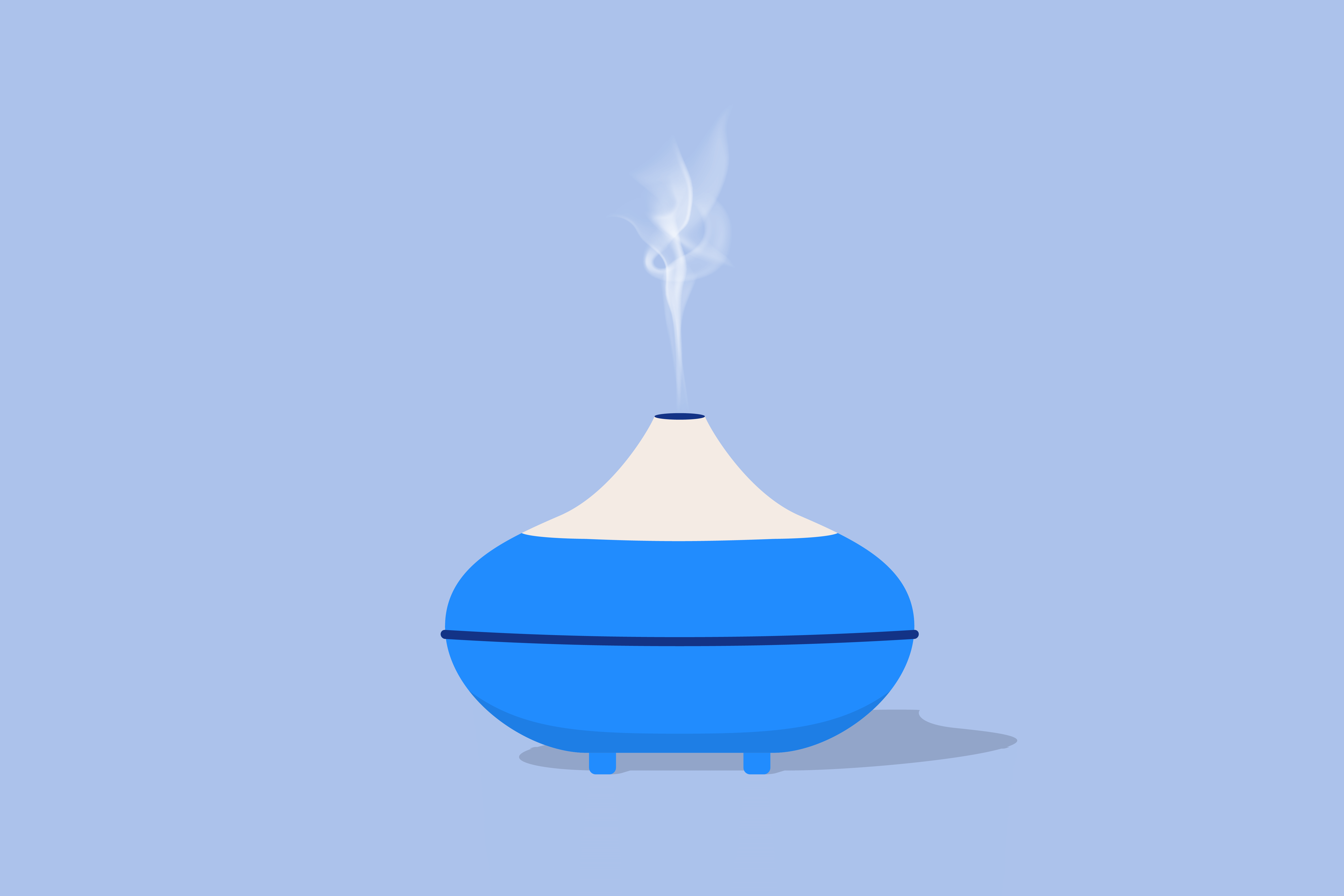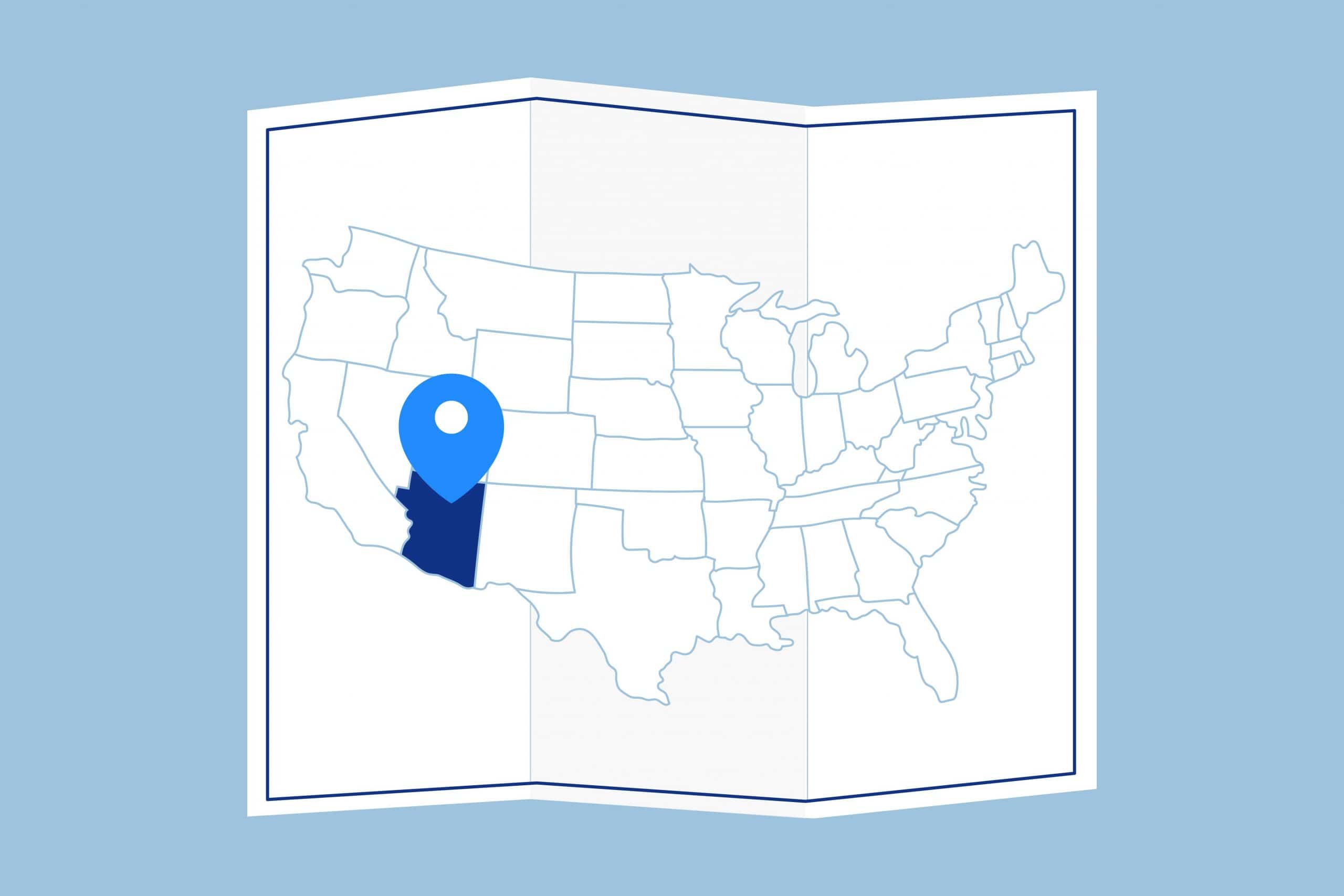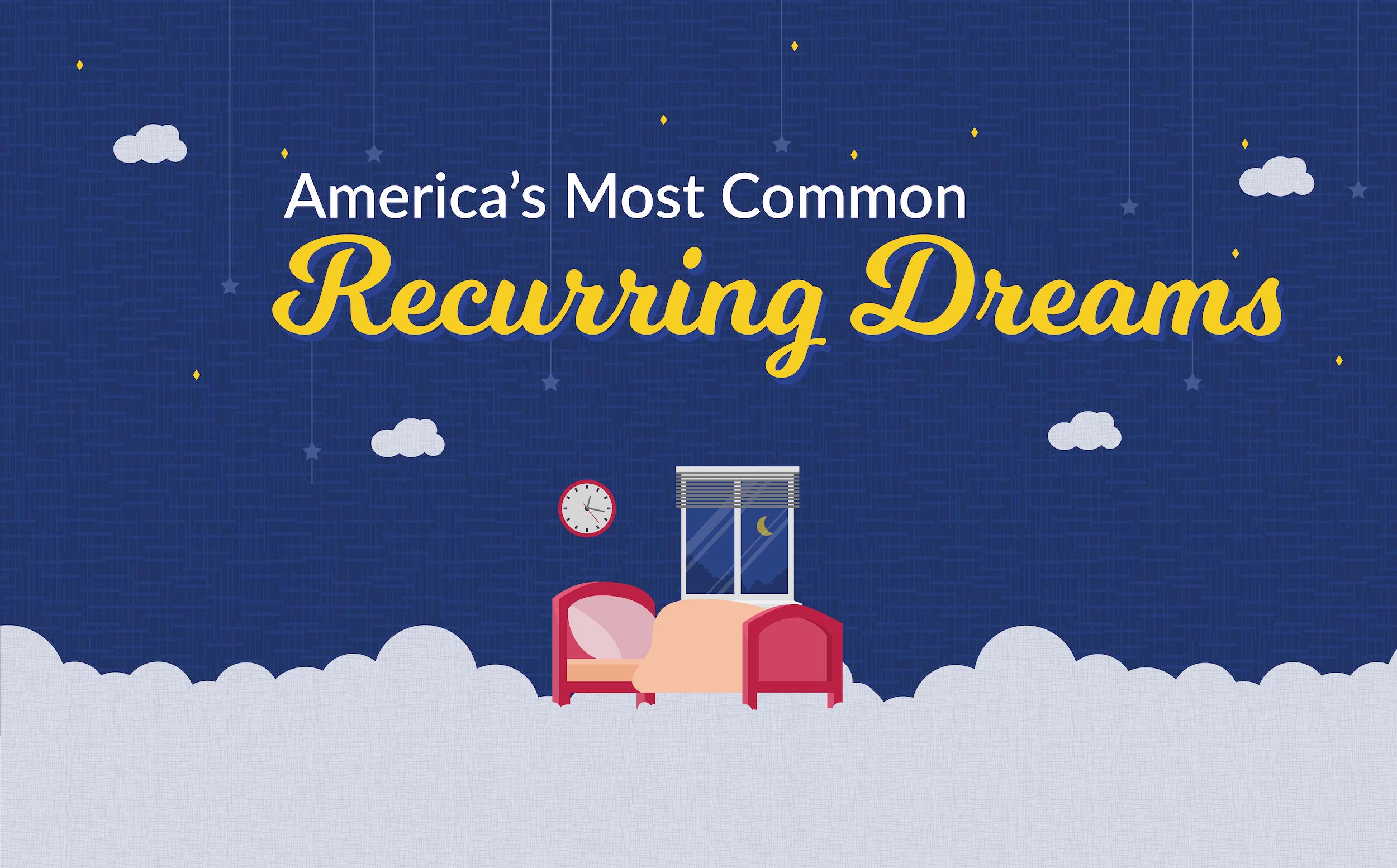
Key Takeaways
- Job Demands and Sleep Quality: The survey highlighted a correlation between job demands and sleep quality. Respondents with jobs categorized as more demanding reported getting fewer hours of sleep and experiencing more difficulty falling asleep compared to those with less demanding roles. The data emphasized that as job demands increased, sleep duration decreased, potentially leading to cumulative sleep loss over time.
- Stress and Falling Asleep: The study revealed that stress levels from work were associated with the time taken to fall asleep. Employees with extremely demanding jobs reported taking significantly longer to fall asleep, indicating a potential negative impact of work-related stress on sleep onset latency. This suggests that high work demands may contribute to heightened stress levels.
- Bedtime Wind-Down Practices: The survey identified various strategies employed by respondents to wind down before bedtime. While some common techniques, such as adjusting room temperature and reading, were associated with improved sleep quality, the use of electronic devices before sleep was prevalent. However, the use of devices emitting blue light could potentially contribute to sleep disturbances
It’s no secret that we live in a very stressed-out world. The daily work grind often leaves us wracked with tension, and winding down enough to get a quality night of sleep is not always easy to accomplish. To-do lists consume our thoughts as we try to settle down, and little reminders of mistakes we made seem to pop up as we’re trying to count sheep.
Self-care is crucial in today’s society, and that includes a good night’s sleep, which is not only vital for your well-being – it’s an important aspect of maintaining your health. A solid nightly routine can help boost your zzz’s and get you off to a fantastic start when the sun comes up.
We surveyed over 1,000 full-time employees to see how their stress levels impact their quality of sleep and the methods they used to try to wind down before bedtime. Let’s take a look to see how sleep is managed for those who work full time.
How Workplace Demands Affect Sleep
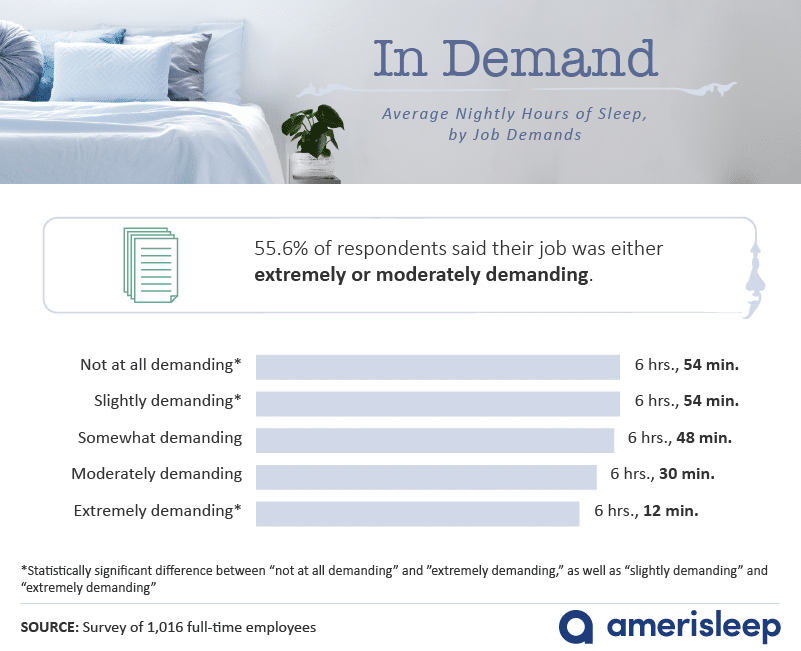
First, we asked our respondents how demanding they felt their job was and how much sleep they got each night. More than half of respondents noted their job was either moderately or extremely demanding.
At one end of the spectrum, those who said their job was “not at all demanding” tended to get the most daily sleep at six hours and 54 minutes, along with people who classified their job as “slightly demanding,” who also reported the same hours of shut-eye per day.
However, as people reported increasingly demanding jobs, the fewer hours of sleep they achieved, with those citing “extremely demanding” jobs getting the least sleep at an average of six hours and 12 minutes.
Overall, while the differences between each of these categories seem to be slight, it equates to more sleep loss than you might think. For example, the difference in hours of sleep between “not at all demanding” and “extremely demanding” is around 42 minutes of sleep. Forty-two minutes each day over the course of a typical five-day workweek adds up to 210 minutes, or around 3.5 hours of sleep lost per week.
Getting Ready to Fall Asleep?
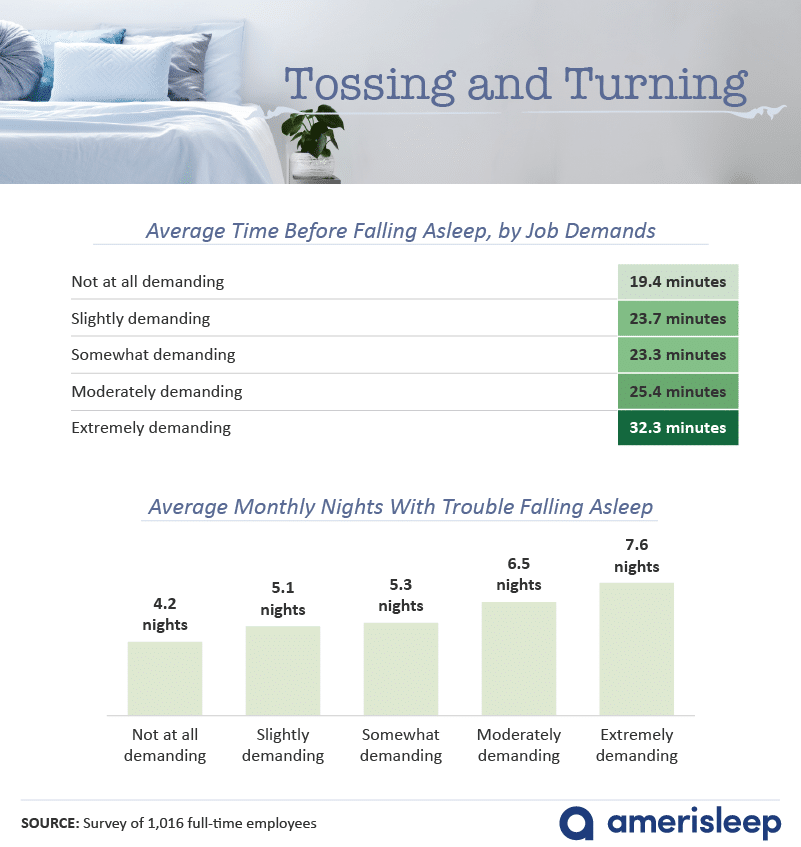
Next, we checked to see how fast our respondents actually fell asleep, as well as how many times each month they had trouble dozing off and compared that to how demanding they felt their jobs were. As you might have guessed, people with jobs considered “not at all demanding” tended to fall asleep faster than those at the opposite end of the spectrum – nearly 13 minutes faster.
There may be any number of reasons for this. Insomnia, which is defined as problems falling asleep (or staying asleep), can be caused by many factors, including a poor sleep environment or certain health conditions. However, stress can be a huge factor in bedtime woes. Maybe your team is working on a major project or trying to land a new client. Or perhaps the nature of your job is what’s feeding your sleep deprivation.
Also, those with extremely demanding jobs reported the highest average (7.6 days per month) when it came to how many times they had trouble falling asleep.
Winding Down
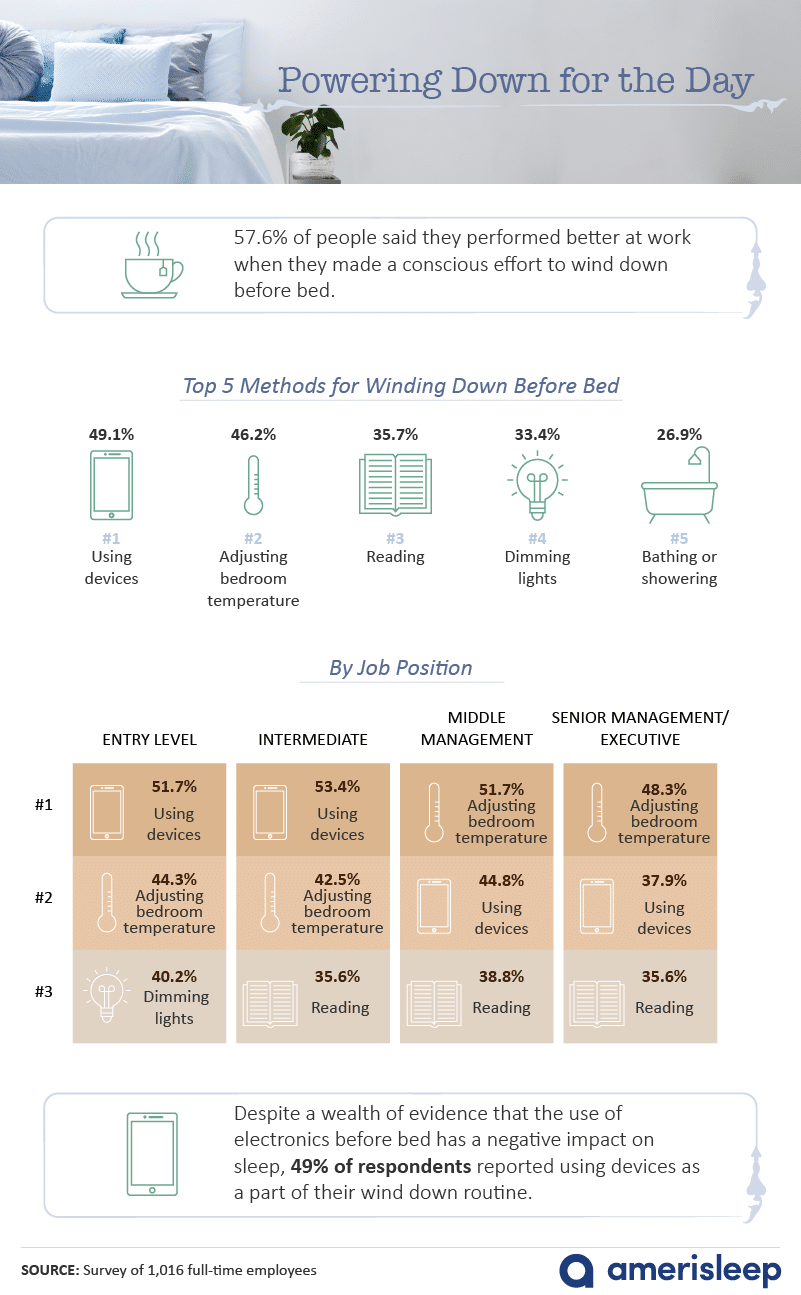
Very few people can immediately go from their day-to-day activities to falling into a peaceful sleep. Many people need a cue or activity to transition them to sleep. The No. 1 method people used to wind down for bed was using their devices (49.1 percent).
The second most popular method was adjusting the bedroom temperature (46.2 percent), followed by reading (35.7 percent), dimming the lights (33.4 percent), and bathing or showering before bed (26.9 percent).
While people have different methods for approaching bedtime, those who reported spending time on a device before bed might want to reconsider their pre-snooze activity. The blue light that many devices emit, like our smartphones, tablets, and laptops, stops our brain from releasing melatonin, Verified Source ScienceDirect One of the largest hubs for research studies and has published over 12 million different trusted resources. View source which signals the body that it’s time to sleep. Yet, according to the National Sleep Foundation, 71 percent Verified Source National Sleep Foundation Nonprofit focused on educating about sleep health. View source of people sleep with their smartphone close at hand – some even sleeping with it in their hand. This easy access makes it far too simple to hop on social media “one more time” and get energized (or stressed out) by something you’ve read.
What Stresses Us Out?
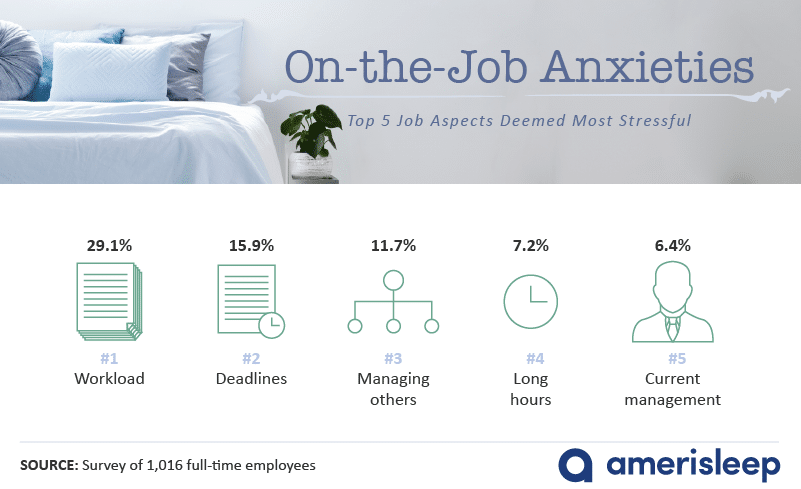
With differing job titles come different job responsibilities, and certain tasks weigh on people beyond work hours and into bed. We asked people what the most stressful aspect of their job was to get an idea of what mental loads they’re taking home with them. The top stressor was workload, which was selected by roughly 29 percent of people. Deadlines were second with nearly 16 percent, followed by “managing others” at almost 12 percent.
Modern workers have an extra bit of struggle than those who came before, even just a decade ago. We’re almost always “on” and easy to reach courtesy of the ever-present smartphone. While some of us have hard-and-fast rules or strategies on if and how we can be reached after we’ve left our job, it’s not a surprise that work stress follows people home.
Job Stress and How It Relates to Sleep Quality
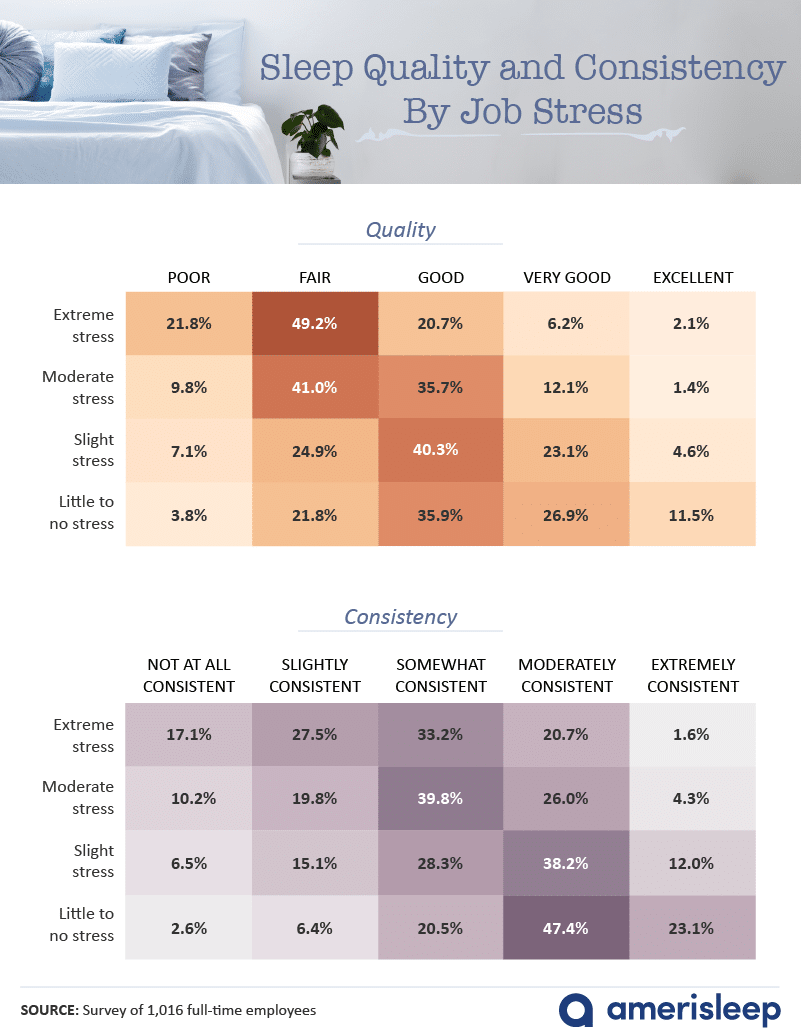
Finally, we used a four-question validated job stress scale to see how different levels of stress impact the consistency and quality of people’s sleep. Those whose stress qualified as extreme were more likely to report “poor” or “fair” sleep quality. Meanwhile, 62.8 percent of people who qualified as having little to no stress reported their sleep quality as “good” or “very good.”
Similar patterns were found with sleep consistency. The less stress people reported, the more consistent their sleep. Only 1.6 percent of people with extreme job stress said their sleep was extremely consistent, compared to 23.1 percent of people experiencing little to no stress.
To make matters worse for those among us plagued by large amounts of stress, the burden can create a cycle of poor sleep and increasing stress. As sleep quality and quantity take a hit, whether from work stress or something else, people are likely to become more stressed Verified Source American Psychological Association (APA) Collaborative organization for psychologists across the country. View source by the fact that they didn’t sleep well.
Relaxing Before Bed
Some jobs provide an unwelcome benefit – moderate or extreme demands that result in stress, which, in turn, can erode our ability to get a good night’s sleep. It’s not a big stretch to realize that job-related stress can impact our ease of falling into slumber and can be detrimental to our health.
To help you get a good night’s sleep, make sure to check out Amerisleep. Using more technology linked to improved sleep than any other brand, our proprietary fabric and mattress materials will help you unwind and settle in for a night of comfort. Try our comfortable mattresses risk-free for 100 nights, but we don’t think it’ll take you that long to notice better zzz’s. Visit us at Amerisleep today.
Methodology
We surveyed 1,016 full-time employees about their bedtime habits and the stress they experienced from work. Survey respondents were 48.7 percent women and 51.3 percent men. The average age was 36 with a standard deviation of 10.
Parts of this project include calculated averages, such as the average nightly hours of sleep respondents reported getting. All averages were calculated to exclude outliers. This was done by finding the initial average and standard deviation of the data. Then, we multiplied the standard deviation by two and added that amount to the initial average. Any data points above that sum were then excluded.
Respondents were asked to report the methods they used to wind down for bed in a check-all-that-apply formatted question. Therefore, percentages may not always total 100.
To measure the level of job stress respondents felt, we used a validated job stress scale. Respondents rated four statements on a 7-point Likert scale of how much they agreed with each statement. Their ratings for the questions were then combined into an overall job stress score from 4 to 28. Those scores were then grouped into the following:
- No job stress (scores of 4 to 7)
- Slight job stress (scores of 8 to 14)
- Moderate job stress (scores of 15 to 21)
- High job stress (scores of 22 to 28)
Respondents were asked which of the following best described their current job position:
- Entry level
- Intermediate
- Middle management
- Senior management
- Executive level
Due to lower sample sizes, senior management and executive level were combined in our visualization of the data.
Fair Use Statement
We all have to deal with job stress and the loss of sleep and the inability to fall asleep quickly that often results from it. Do you know someone who struggles to wind down after a long day at work and would benefit from this information? This study is worth sending their way, provided that it’s for noncommercial reuse.
Sources
- https://www.healthypeople.gov/2020/topics-objectives/topic/sleep-health
- https://www.samhsa.gov/treatment/mental-disorders/insomnia-disorders
- https://www.sciencedirect.com/science/article/abs/pii/S0003687012001159 Verified Source ScienceDirect One of the largest hubs for research studies and has published over 12 million different trusted resources. View source
- https://www.sleep.org/articles/is-your-smartphone-ruining-your-sleep/
- https://www.apa.org/news/press/releases/stress/2013/sleep Verified Source American Psychological Association (APA) Collaborative organization for psychologists across the country. View source
About the author
McKenzie Hyde is a Certified Sleep Science Coach and a full-time writer specializing in sleep health and the mattress industry. With a Master of Arts degree in literature and writing from Utah State University, McKenzie combines her passion for writing with her in-depth knowledge of sleep science. Her articles cover a wide range of topics, including best sleep practices for students, the consequences of sleep deprivation, and choosing the right mattress for back pain relief. McKenzie's dedication to delivering accurate and informative content makes her a valuable contributor to the field of sleep health.
View all posts

